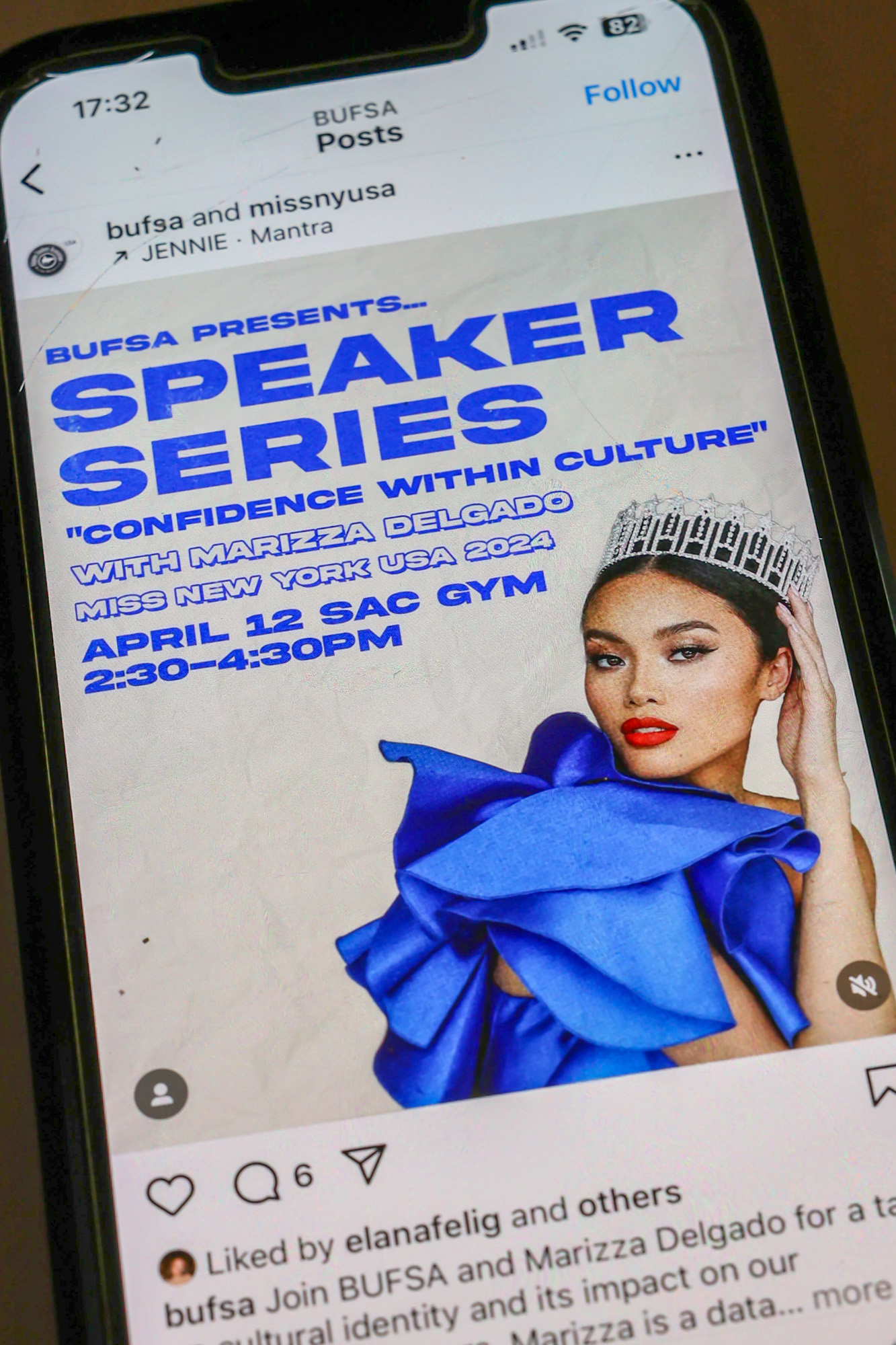I recently watched a social commentary video by a YouTuber named Tee Noir where she advocated for transgender visibility. Interestingly, she began by mentioning incidences from her childhood in which she had inflicted microaggressions upon a trans individual in her community. She reflected on these with shame and noted that she had matured immensely since then, expressing how important it is for people to be able to own up to their past mistakes.

I respect Tee for this — it’s not often that content creators with decent followings on social media platforms call themselves out. It seems as if one of the requirements for being human is to be so afraid of humiliation that we defend or ignore our past mistakes even when we know they were wrong.
Holding yourself accountable may be difficult, but it is an essential life skill that comes easier with practice. Once we become comfortable with admitting our words or behavior hurt another person, we become open to learning from them and maturing as members of society.
Below are some tips for holding yourself accountable.
First, practice apologizing whenever apologies are due. Apologizing can induce anxiety for a lot of people because they see their failures as blows to their characters. The truth is, admitting you were wrong is a demonstration of strength, courage and selflessness. It is the act of showing the person whose feelings you hurt that you value the relationship more than your ego.
Apologies should never be heavily reliant on “I” statements, nor should they blame the other person for anything they have done. They should not be excuses but they can include brief explanations or qualifications if applicable. Apologies, at their best, are an acknowledgment of wrongdoing and a provision of ways in which one will work to change the situation in the future.
Second, use your internet presence for good. The internet is theoretically a very powerful tool when it comes to social connection. However, this resource can and continues to be abused whenever people decide to use inflammatory language to hurt others.
Instead, we should respectfully speak to each other, even if the topics we are addressing are contentious. There is a way to point out faults or offensive content in another person’s posts or videos without calling them names or otherwise harassing them. Conversely, there is a way to respond maturely if you are called out for posts that are not socially conscious.
Third, do not be afraid to admit ignorance. This is the first step toward learning about other people or issues you may not be aware of. Sometimes it is easiest to feign knowledge of topics one does not truly understand to save face. However, maturity is realizing that no one knows everything and that’s okay.
The gaps in our knowledge can be filled through research and asking questions. In general, overcoming our biases and social conditioning are tasks into which we must invest a lot of time and effort, but they are possible as long as we approach them with a capable, open-minded attitude.
If we actively practiced taking responsibility for our insensitive blunders, we would each be on the path toward self-improvement. More importantly, we would start to create safer environments where everyone feels comfortable and redemption is simple.








